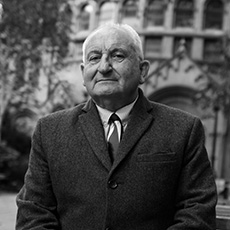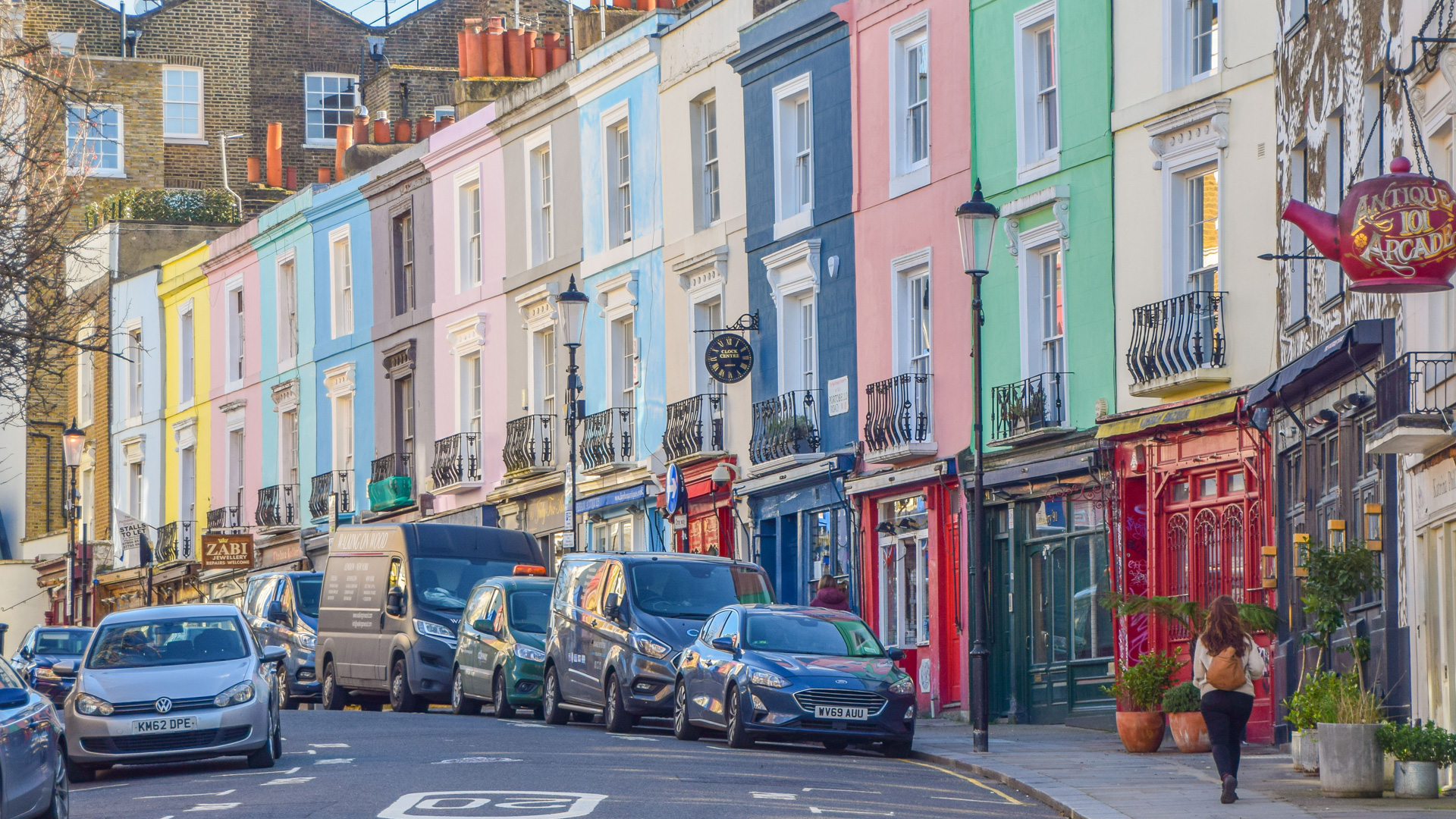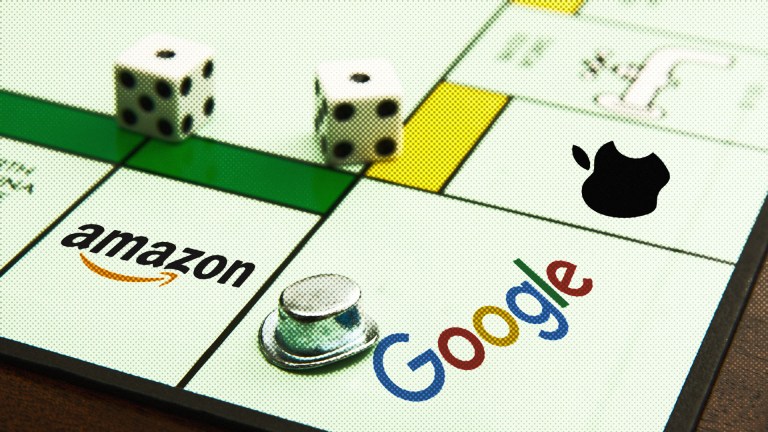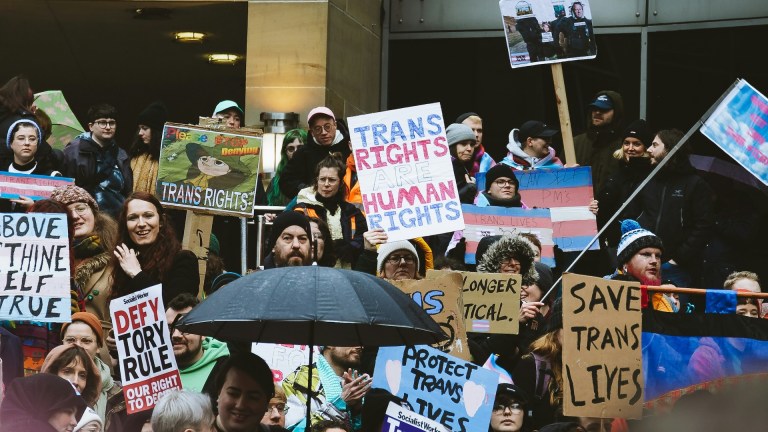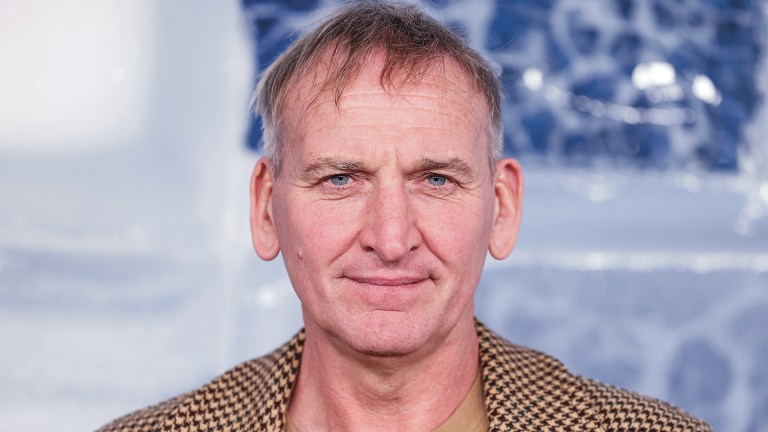Last week I went back to Notting Hill where I was born and whose slum streets have been transformed through gentrification into a kind of gracious place of wealth. Showing a colleague around, they could not believe that these splendid streets were once in one of the worst places in Great Britain – as it was then referred to – to raise a child.
What a reversal. One of the most extreme forms of gentrification and social improvement imaginable. The school that I once attended, a small, almost village school, is a house now probably worth £20m. Fortunately the church building next door is still in the hands of the church and has not been converted to luxury flats. But I can imagine, if the church decides there are not enough attendees and it becomes ‘prime real estate’, that some smart alec property chap will find a hundred tenants to reside there in some redeveloped form.
It was depressing to return and I was gripped with a sense of unhappiness. I have decided that I cannot return to Notting Hill except under duress for the foreseeable future, because it makes the world look increasingly sick and incurable.
How do you cure the tenacious increase of land values as expressed through property? The modern Notting Hill is a sign of not just the times, but of what goes wrong when there is no government responsible enough to take care of the future of our cities. Driven always by the spurious thing called ‘market forces’, land and buildings – and therefore cities – can be transformed and gutted, emptied of certain people and filled up with others, and the government and its local authorities cannot do a blind thing about it.
Support The Big Issue and our vendors by signing up for a subscription.Alas we have progressed so far down this road that cities and communities can be bought and sold. That community and people matter least. That it need not have been like this is obvious: if there had been safeguards, and a sense that people had the right to live in the communities that protected them from financial expulsion, then we might have a healthier terrain.
And if governments had actually legislated for better education for all, and increased the skill base of the working classes at school before they left for their labours in the marketplace, then we might have had a chance to skill people away from poverty.
